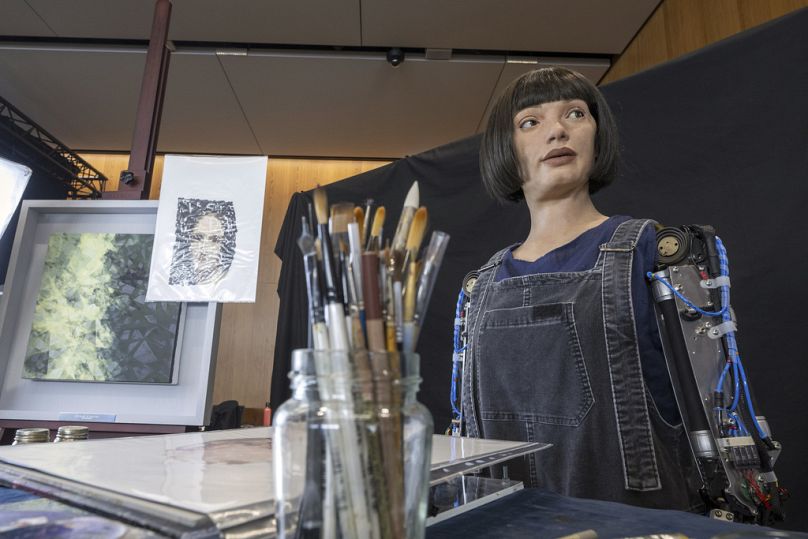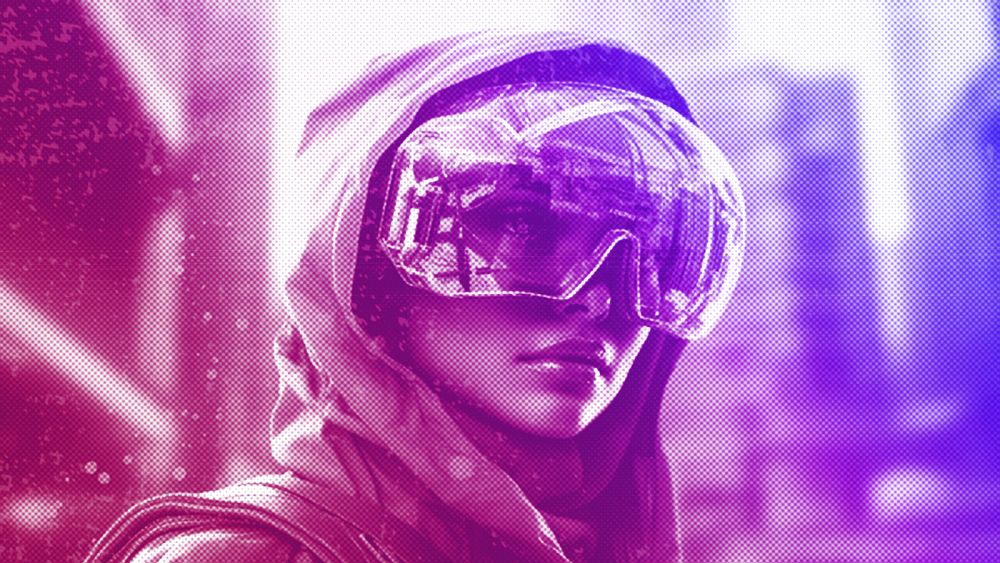The AI Arms Race: A Dual Perspective

The ongoing AI arms race is fostering a typical political polarization, with different factions perceiving the technology through vastly different lenses. As several experts have noted, individuals tend to fall into two camps: the AI doomers and the AI utopists. Regardless of the side you align with, it’s crucial to acknowledge that both perspectives miss significant aspects of the reality of AI. While AI is unlikely to obliterate our society, it is essential to cultivate an unbiased understanding of its capabilities and limitations to safeguard ourselves and fully harness its potential.

Could a Sea Slug Really End Humanity?
In 2023, many individuals harbor fears that AI will usurp their jobs or pose an existential threat to humanity. This anxiety is largely fueled by sensationalized AI articles that propagate unrealistic narratives. Such articles exploit our innate fears of the unknown, distorting the actual capabilities of AI technologies. While generative AI has unveiled a plethora of possibilities, our inventions remain far from flawless—a reality that anyone who has engaged with these tools quickly grasps.
Those who view AI optimistically believe it will resolve every challenge our world faces, whereas doomers fear that AI will turn against humanity or intentionally seek to do harm. This divergence arises from a common misconception: both groups assume that AI is more advanced than it truly is. In reality, AI is still “closer to a sea slug than to an all-knowing machine.” Current algorithms are highly specialized, requiring substantial time and effort to develop. They lack the capability to apply random information across diverse tasks and necessitate extensive training and rigorous testing—a fact that many remain unaware of.
This Isn’t the First Major Tech Advance Humanity Has Had to Navigate
The proliferation of nuclear weapons, for instance, has not led to the extinction of human life as many once feared. Although it had the potential to do so, people took proactive measures to safeguard against destruction. They educated themselves on the implications of nuclear technology and collaborated to ensure humanity’s protection. A similar approach is necessary for AI. If there are concerns about the role of AI in our evolution, both decision-makers and the general public should express those concerns openly.
The dialogue surrounding AI has already commenced, with international policymakers rapidly crafting ethical regulations aimed at deterring potential misuse. Both doomers and utopists advocate for robust regulations and impartial education on how AI can benefit our civilization. The European Commissioner for Europe Fit for the Digital Age, Margrethe Vestager, has emphasized the need for a balanced approach to AI regulation.
- AI offers boundless opportunities for enhancing the quality of life and efficiency across societies at various developmental stages.
- Some reports suggest that children could learn to read within just 18 months, and job seekers might find lucrative AI roles offering six-figure salaries.
With such extraordinary potential at our fingertips, it is worth considering whether the complaints about AI’s downsides are overblown. It is clear that our world must progress beyond the technological advancements of the early 2000s and discover improved methods of working and living. The journey toward integrating AI is not overly complex; it requires a balanced approach to address present challenges while preparing for innovative applications through proactive legislation designed to protect our future.
Fearmongering as a Result of Biased Reporting
A significant portion of this polarization stems from certain journalists—particularly in the United States—who do not adhere to the principle of providing equal representation for both sides of a story, especially on a contentious topic like AI. Biased news outlets exacerbate this situation as AI is either demonized or idolized, depending on the publication’s political leanings. According to a Pew Research study, 55% of journalists in the U.S. believe that “every side does not always deserve equal coverage,” while 76% of the public expects the opposite.
Despite this disconnect, industry leaders are diligently working to educate the public on how to progress with AI rather than against it. As Meta’s Global Affairs President, Nick Clegg, stated, transparency and openness toward AI are crucial for its advancement. AI systems should be transparent, collaborative, and thoroughly vetted for flaws before they are released. These guiding principles would contribute to a safer, more informed society. Unfortunately, mere transparency may not be sufficient to shift public perception toward a more favorable view of AI.

Resistance to Progress is Futile
AI is a tangible reality, but it is not yet the science-fiction equivalent of intelligence. It requires significant time and development to pose a genuine threat. Therefore, it is imperative for people to stop consuming biased information that detracts from the core priorities that AI developers must address. While the potential for a dystopian future exists, it will only come to fruition if society continues to obsess over hypothetical scenarios involving rogue chatbots. Our fears are often exaggerated, and we must regain a sense of reality.
Instead of fixating on the future, we should concentrate on the present and devise strategies that minimize the risks associated with AI. As OpenAI’s CEO, Sam Altman, articulated, technological progress occurs as new possibilities emerge. Humanity’s evolution necessitates new inventions. Altman drew a parallel between OpenAI’s mission and the Manhattan Project, highlighting the importance of ongoing development while mitigating risks associated with potentially dangerous technologies.
Ultimately, resisting the natural trajectory of our civilization’s evolution is futile. Such resistance would confine society to outdated systems and perspectives that no longer serve us. The public must choose truth over fantasy to protect humanity and to end the misinformation war surrounding AI. The advantages that AI will bring have the potential to transform economies, businesses, and the personal lives of individuals worldwide.

Fabrizio Fantini is the CEO and founder of EvoPricing, a platform that leverages AI technology to automate pricing and supply chain techniques.
At Euronews, we believe all views matter. Contact us at view@euronews.com to send pitches or submissions and be part of the conversation.

Leave a Reply